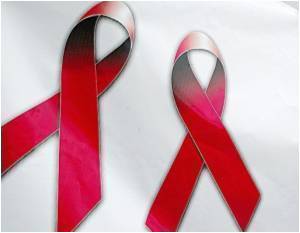African-Americans with HIV face roadblocks to drug therapy, says University of Michigan study.

"Our results show an alarming disparity in the quality of pharmaceutical care provided to African-American Medicaid enrollees with HIV," Balkrishnan said. "These enrollees have much lower adherence rates to ARTs and a 10 percent higher incidence of depression."
More than 66 percent of the 7,034 HIV-infected patients in the study were African-American and nearly half of them reported depression.
The good news is that antidepressant treatment nearly doubled the odds of optimal ART adherence among patients of all races who reported depression, Balkrishnan says. Anything greater than 90 percent adherence to therapy was considered optimal for purposes of the study. For antiretroviral drugs to be effective, patients should sustain 90-95 percent adherence to treatment.
Balkrishnan's research group set out to examine the possible link between race and ART adherence in low income HIV-infected populations, and whether any racial differences in therapy adherence was further enhanced by depression. Racial disparities exist in many aspects of HIV/AIDS, but until now not much was known about race and ART adherence, or depression and adherence.
Though depression was high among all HIV patients regardless of race, depression did not further enhance the already-existing racial disparity in adhering to drug therapy. However, Balkrishnan pointed out that this should be interpreted with caution, since evidence has shown that African-Americans are less likely to be diagnosed and treated for depression than whites.
Advertisement
"The fact that many African-American patients with compromised mental health states have poorer access and use of essential ART therapy points out to significant disparities in our health care system, and we need to take proactive steps to address these gaps," he said.
Advertisement















